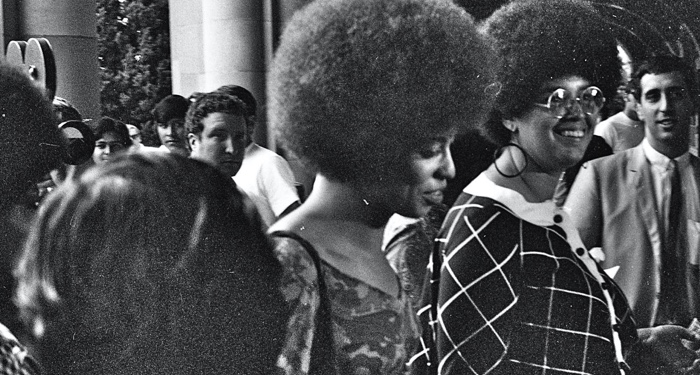We all bring different backgrounds to our experience of social justice. Some of us have particular connections to political movements from our childhood or adulthood. Others have just uncovered the story of a single person’s experience of injustice, and we’re hungry for more context. We turn to historical books for this context.
One of the biggest reasons to delve deeply into books that give us historical context is that they help us make better decisions going forward. Well-intentioned efforts to promote social justice may undercut other efforts to make progress if they aren’t historically informed. A variety of authors have deeply researched the history of social injustices in the United States, helping us to see how many of the causes that we might think of as separate are actually connected. Here are just a few to get started.
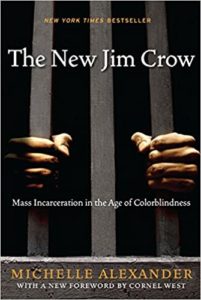 The New Jim Crow by Michelle Alexander
The New Jim Crow by Michelle Alexander
Alexander’s work showcases how a particular kind of policing, conviction, and ultimately incarceration has created second-class citizens in the modern United States. When taken individually, one might not see all of the historical events in this book as an extension of racist behaviors. Alexander helps the reader to see how, in combination, a variety of policing strategies and choices like mandatory minimum sentencing in the War on Drugs have systematically targeted African American males over others despite an “era of colorblindness.” A must-read for understanding why so many social justice movements advocate for criminal justice reform.
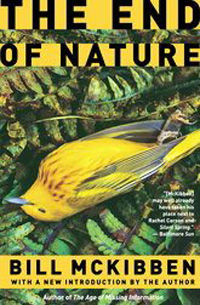 The End of Nature by Bill McKibben
The End of Nature by Bill McKibben
Written more than 30 years ago now, McKibben’s book makes a plea for the environment. It stands out as still relevant multiple decades later. His suggestion is that we need to reframe how we think about nature if we want to be able to prevent environmental collapse. It’s key to current global movements to recognize and mitigate climate change. He shows us that the way you see yourself in relationship to nature has everything to do with how you take nature into account. This book draws on other historical books while, now, being a voice from history as well.
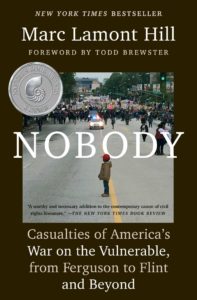 Nobody by Marc Lamont Hill
Nobody by Marc Lamont Hill
This historically-researched book shows how the past decade’s discussions of police brutality and racial profiling have their roots in everything from how courts sentence individual people to how housing projects for low-income groups have been handled. Hill weaves his in-depth research in policy throughout more than a century of United States history. He offers nuanced considerations to help those who feel helpless when facing these institutionalized forms of racism and who want to advocate for a better path with their elected officials.
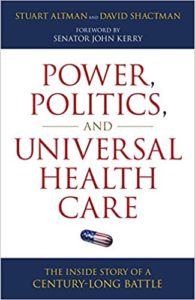 Power, Politics, and Universal Health Care: The Inside Story of a Century-Long Battle by Stuart Altman and David Shactman
Power, Politics, and Universal Health Care: The Inside Story of a Century-Long Battle by Stuart Altman and David Shactman
This historical look offers a wide-ranging discussion of how the country has pursued different models of health care delivery. It helps us understand the forces arrayed against a universal healthcare system. It also showcases who stands to benefit most from changes to our system. In the end, this is a political drama unmasking the interests that make it difficult for the United States to agree on a healthcare system that serves every United States resident.
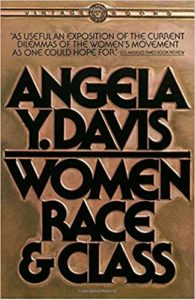 Women, Race, and Class By Angela Davis
Women, Race, and Class By Angela Davis
Ever wanted to read historical books that help you understand intersecting social justice movements? Angela Davis brings feminism and anti-racism together in her history of social movements. She also brings in the ways economics influence women of various races differently. Her investigation of past failings of Women’s Liberation Movements helps us make better choices in the future.
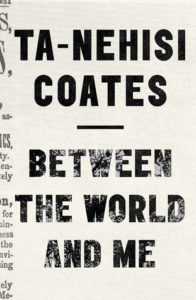 Between the World and Me by Ta-Nehisi Coates
Between the World and Me by Ta-Nehisi Coates
Coates’s famous story of talking to his son blends what the best historical books and the best memoirs have in common. It looks back at all that has happened in the United States that influences Coates’s life as an African American man. It also points the way to the future that he envisions for his son. His own experience of many elements of United States history gives a new lens for even long-time history buffs.
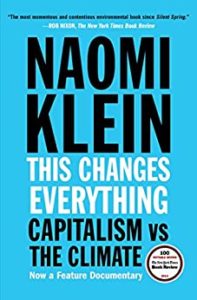 This Changes Everything: Capitalism Versus the Climate by Naomi Klein
This Changes Everything: Capitalism Versus the Climate by Naomi Klein
Klein’s impassioned book points out a historical connection that readers may not have seen before. Recognizing the deep ways that capitalism’s influence threatens the natural environment, Klein advocates for swift action. The book shows us how, time and again, capitalism fails to adequately account for damage to the environment. Its unquantifiable impact on nature is becoming rapidly more quantifiable and substantial.
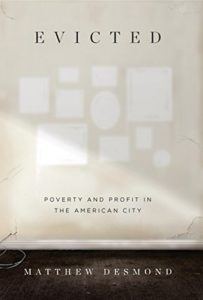 Evicted: Poverty and Profit in the American City by Matthew Desmond
Evicted: Poverty and Profit in the American City by Matthew Desmond
Drawing our eyes to an area of social justice many haven’t experienced, Desmond goes deep on what low-income rental housing is like. He notices the capitalistic money streams that keep this sector alive. At the same time, he lets us get to know actual people who are caught in cycles of eviction. These individuals have a harder time catching a break because their eviction histories make finding sustainable housing harder every time. A truly eye-opening story of what it takes to keep a roof over your head in the United States.
